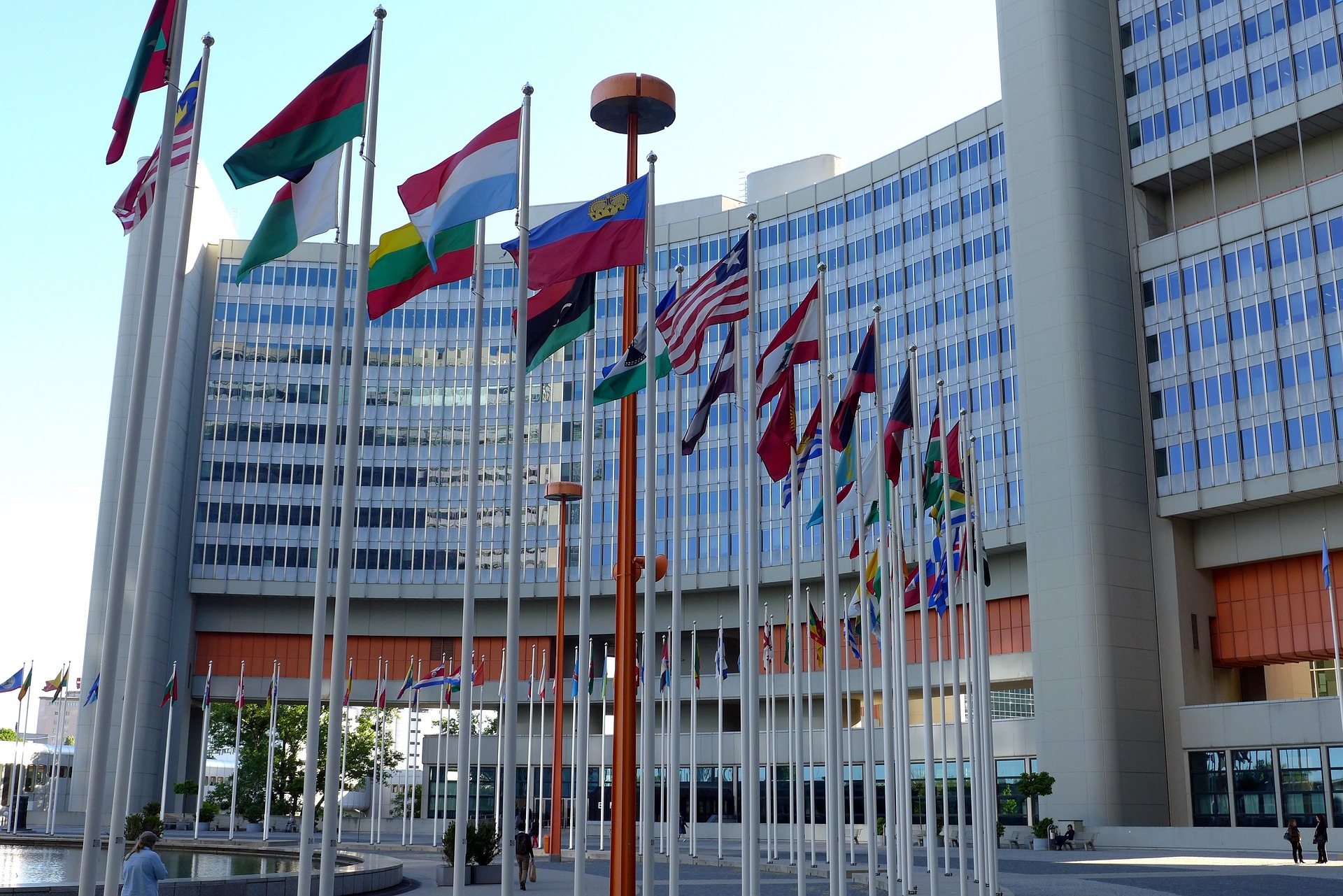UN to investigate claims of corruption in Iraq aid project

The UN Development Programme (UNDP) is dispatching a team to Iraq to assess allegations of corruption in its $1.5bn (£1.2bn) construction programme following a Guardian investigation.
According to an internal document obtained by the Guardian, the UNDP’s administrator, Achim Steiner, has “commissioned a management review and assessment of the allegations” after revelations its staff were allegedly taking kickbacks in return for helping business people obtain lucrative construction contracts.
The six-page document, sent to donors on 25 January, aimed to reassure western capitals that the UNDP could hold itself to account through internal oversight mechanisms. At a subsequent meeting, several donors pressed the agency to carry out an external review to help restore credibility.
An Iraqi government official with detailed knowledge of the matter said the country’s prime minister, Mohammed Shia al-Sudani, had ordered the country’s integrity commission to launch a separate investigation.
The UNDP document said the agency had previously referred 136 cases to its Office of Audit and Investigations (OAI) in relation to the reconstruction programme – the majority of which were against suppliers rather than employees. It said 56 were substantiated, of which 52 were related to vendors who subsequently faced sanction. The document provided no further detail on the remaining four cases, or whether any disciplinary action had been taken.
The brief said the UNDP was “committed to fostering a work culture and environment where all UNDP personnel can report wrongdoing without fear of retaliation”.
Magnifying glass over the United Nations Development Programme UNDP company logo
UN staff on £1.5bn Iraq aid project ‘demanding bribes’
Read more
However, since the Guardian’s report, more UNDP employees have come forward with allegations. They described a “culture of fear” and impunity that they said extended across the agency’s Middle East offices. They accused UNDP managers who had developed close relationships with government counterparts of weaponising those ties to shield themselves from accountability while retaliating against staff who spoke out.
One person who worked at an office in the Middle East said they tried to raise the alarm over hundreds of thousands of dollars being channelled to an organisation run by a government official, but that superiors “signalled very quickly that we ought not to get involved”. When they reported the case to the OAI, the person was told they had not provided sufficient documentation for the investigation to go ahead. “The OAI doesn’t work at all. It’s completely dysfunctional,” the person said.
At UNDP Iraq, one employee filed complaints to the ombudsman and OAI alleging mismanagement and bullying by a supervisor, only to watch senior management turn against them. “They told me, either I drop my grievance or my upcoming performance review would not look good and I would be let go,” they said. The Guardian has seen copies of the complaints, but is not making further details public on this and other cases to protect the whistleblowers.
Another employee who worked for the UNDP said they were threatened by a former manager after voicing concerns over wasteful spending. “Straight away, they said: ‘You know where the door is and you won’t have a job if you continue to raise things,’” they recalled. The manager’s close ties to government officials made them untouchable. “They are in each other’s pockets, and it’s enabled from the top,” the employee said.
Last week, the UNDP’s resident representative in Iraq, Auke Lootsma, wrote in a staff email that the Guardian investigation was “very unfortunate”, adding that his office was “working with UN headquarters to refute these unfair and unjust allegations”. Lootsma asked staff to “refrain from any comment”.
In a statement to the Guardian, a UNDP spokesperson said allegations that employees were threatened with retaliation for reporting wrongdoing were “completely at odds with UNDP’s commitment to accountability, integrity and openness to scrutiny”.
The statement said the allegations were not specific enough to be addressed individually and that the agency would “welcome more details to allow the appropriate independent channels to assess further”.
It added that the UNDP’s ethics office had invested heavily in training staff on issues related to conflict of interest and protection against retaliation, and that the OAI conducted audits and investigations “independently from UNDP management or any outside party and in line with UNDP’s whistleblowing and retaliation policies”.
Article Credit: https://www.theguardian.com/global-development/2024/feb/05/un-to-investigate-claims-of-corruption-in-iraq-aid-project
